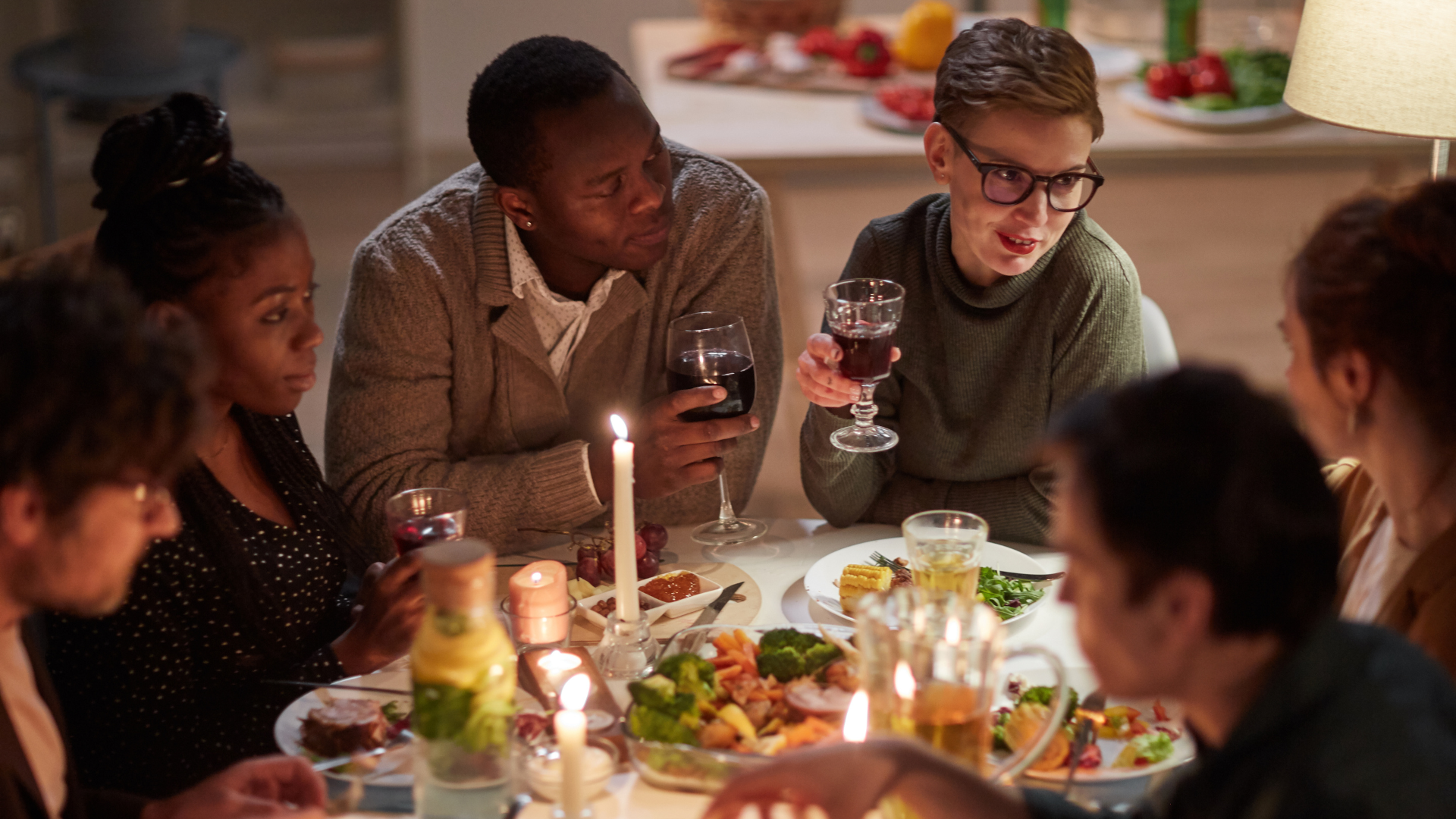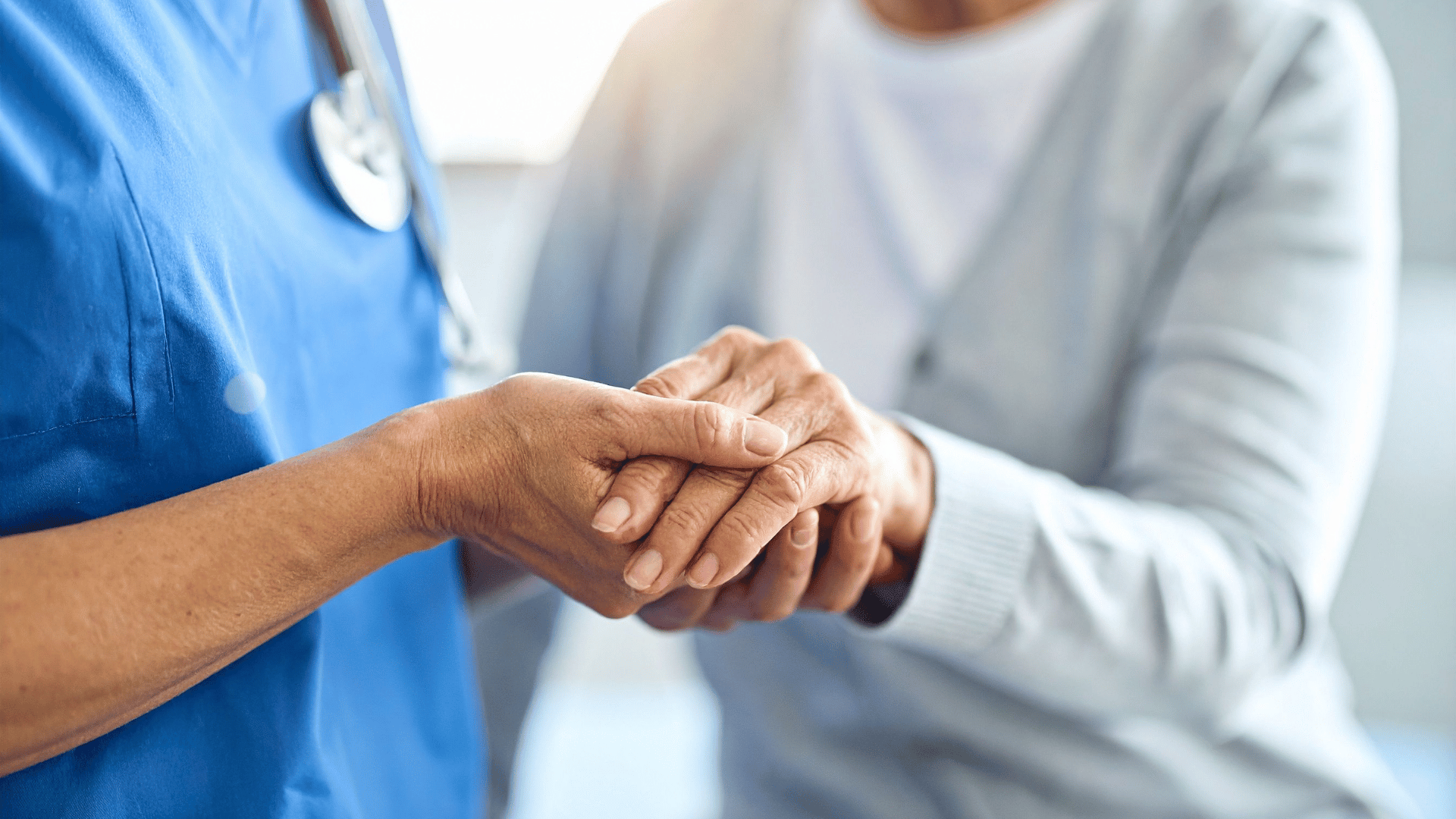Sometimes we get bombarded with responsibilities, and it often feels necessary to prioritize obligations to others over practicing your own self-care. But when you’re so occupied with taking care of those around you – who is taking care of you?
As the idea of self-care becomes a more common topic of conversation (it’s the focus of another Vent Over Tea blog), it can indirectly strengthen the resolve a lot of us have to manage everything on our own – including our own mental health. In perpetuating ideals of independence and self-sufficiency, we can easily forget or devalue one of our greatest resources in combating negative feelings – our friends, family, and community.
For many of us, it’s easier to provide care than it is to ask for it. In a previous blog, Help Wanted, we discussed strategies about how to ask for help during periods of crisis. But when it comes to the smaller things, when we’re feeling down, overwhelmed, or stressed – who do we turn to?
We’re conditioned to seek out and to care for a romantic partner who will in turn take care of us. Being in these types of relationships can be great. In choosing to share a life with someone, you unwittingly default to be each other’s emotional caregiver. But for those of us who are not in that kind of relationship, it is essential to forge equally strong relationships with friends or family and inform them that they are “your person” and that you wish to have a reciprocal relationship where you can provide and receive emotional support and care as needed.
Meredith and Cristina of the hit-show Grey’s Anatomy famously dubbed each other their “person” because of how much they lean on one another
A lot of us, unknowingly, already have these relationships in place. They could be in the form of best friends, close family members, or that coworker you always vent to, but vocalizing your desires and setting the intention opens the door to deeper discussions of metal health and emotional well-being.
One good resource that can help you broach this topic is the newly-launched notOK App. By tapping a button, the app alerts your “Trusted Contacts” that you’re experiencing difficult feelings of depression, anxiety, loneliness, etc. In asking someone to be a Trusted Contact, you’re letting them know just how much you value the connection between you and it also lets them know that you are in need of care.
Another strategy is to make plans that include caring for one another, such as cooking meals and eating together. Good nutrition is one of those commonly-discussed self-care items that can be a struggle to do alone. But by making it a group activity, cooking becomes more enjoyable and less work and stress. This idea of group-care can also apply to other activities like exercising, studying, and whatever else you may need to do but don’t always want to do for your overall well-being.
We all want to be living our best, happiest, and healthiest lives – but that doesn’t mean we have to do it alone. Don’t shy away from letting those around you know that you care for them and that you also need care in return. Self-care doesn’t have to be practiced alone. By being open and honest, we can build communities of strong relationships that satisfy and cater to our emotional needs and well-being.
Do you want someone to talk to?
Book a vent session today!
-

PK is a therapy-attending, queer, nonbinary, and aspiring writer living in Tio'tia:ke



